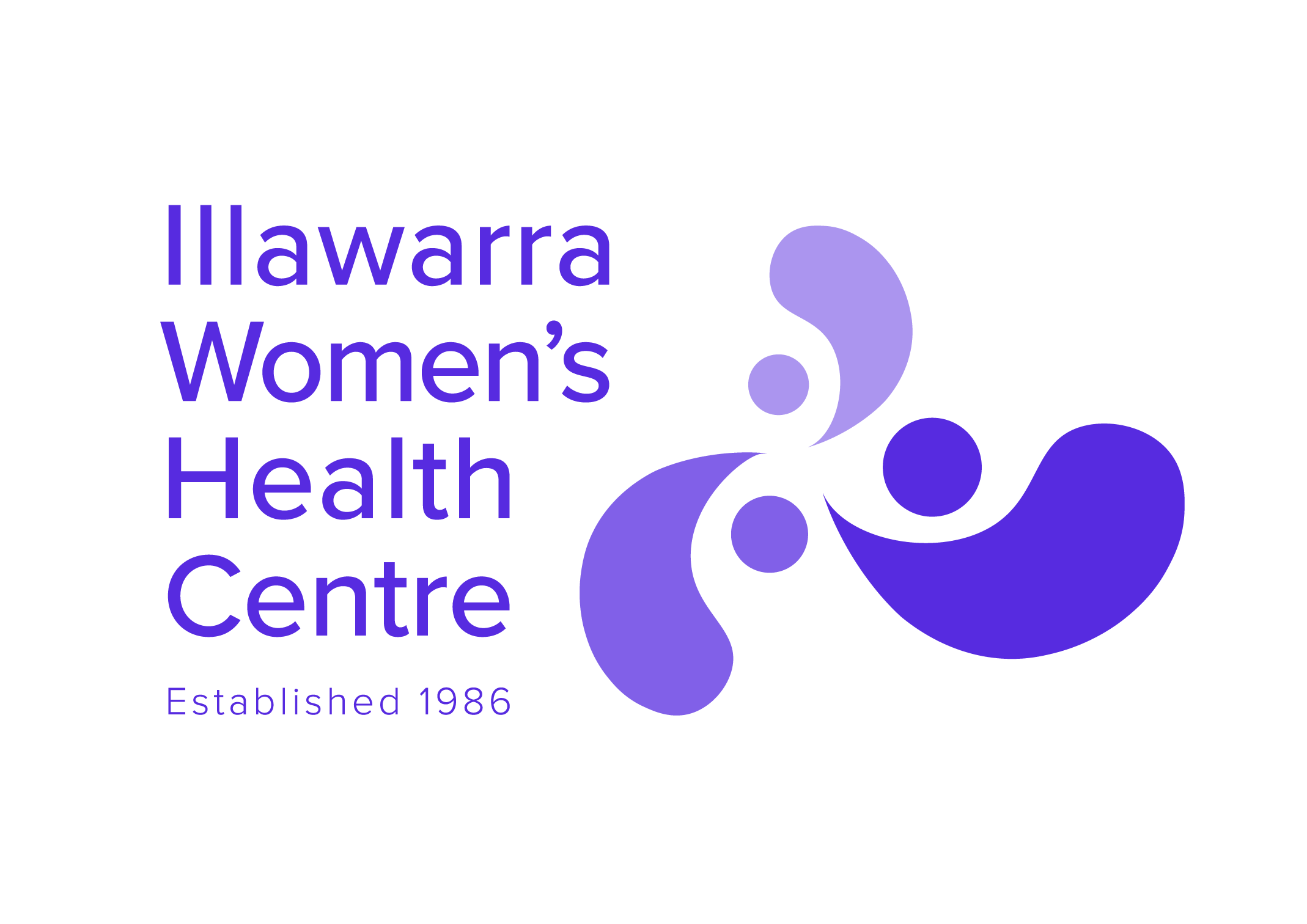Women across the Illawarra are being urged to take up a free Heart Health Check after new Australian research revealed women are dying at higher rates than men following heart attacks.
The landmark Medical Journal of Australia study analysed almost a decade of hospital data from New South Wales and found that, compared with men, women were six per cent more likely to die within 12 months of a heart attack, even after accounting for other medical conditions. Women also experienced higher rates of major adverse cardiac events.
The research, reported by the ABC this week, also showed that women remain 13 per cent less likely to receive an angiogram, a test to check for blocked arteries, and 16 per cent less likely to undergo a stent procedure (PCI).
Illawarra Women’s Health Centre Executive Director, Sally Stevenson, said the findings were a wake-up call.
According to the Australian Institute of Health and Welfare in 2022, heart disease accounted for one in four deaths among Australian women.
“Heart disease is one of the leading causes of death for Australian women, but it’s still often seen as a man’s disease,” she said.
“We want local women to know that early diagnosis can make all the difference. A simple Heart Health Check could help prevent a heart attack before it happens.”
The Heart Foundation’s free Heart Health Check is available under Medicare for:
- 45 years and over
- 35 years for people living with diabetes
- 30 years for First Nations peoples
It helps detect early warning signs before symptoms appear. The 20-minute appointment with your GP or nurse involves a discussion of lifestyle factors, a blood pressure check, and blood tests to assess cholesterol and diabetes risk.
The program was recently extended through mid-2028, and the Illawarra Women’s Health Centre is encouraging all eligible women to book a check-up.
Outside of early check-ups, the Medical Journal of Australia study highlights the urgent need for more research focused specifically on women’s heart health, from diagnosis and treatment to recovery and prevention.
The research showed that while outcomes for women are improving, the data reveal that women still experience higher rates of complications and are less likely to receive invasive treatment after a heart attack.
Ms Stevenson said this evidence shows why women must be better represented in heart research and clinical studies.
“The reality is, women’s symptoms don’t always look the same as men’s, but the research hasn’t caught up,” she said.
“We need studies and policies that put women at the centre, not the margins, of heart health.”

